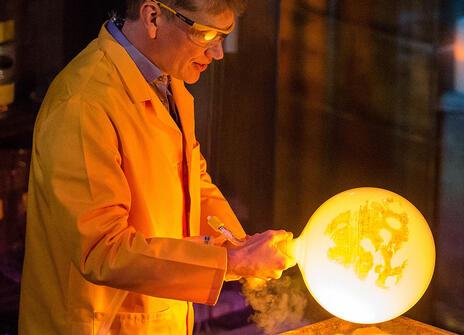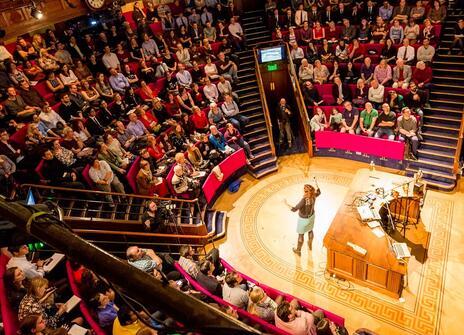This brand new short course will provide a comprehensive introduction to the spacecraft technologies that have revolutionised our understanding of the solar system and the wider universe. Across six sessions, satellite system engineer Stuart Eves will explore the engineering behind these enormous undertakings, plus look at how the results from spacecrafts' scientific instruments have contributed to our knowledge of space.
- The first of the six sessions will describe the key spacecraft sub-systems, and demonstrate how a scientific satellite’s payload influences the design of its platform.
- The next three sessions will provide a broad survey of the information on the solar system that has been derived from fly-by missions, orbiters, landers, rovers and sample return missions to the Moon, the planets, and other celestial bodies.
- The fifth sessions will demonstrate how our understanding of our Milky Way galaxy, and the subject of cosmology more generally, has been transformed by space-based telescopes.
- The course's final session will look at the future of space science and engineering missions over the next couple of decades, and what we may hope to learn from them.
The course level will be aimed at committed non-experts, and no particular level of mathematics will be assumed.
The course will run for six, 90-minute sessions as follows (each session runs 7.00pm to 8.30pm)
- Monday 23 June 2025
- Monday 30 June 2025
- Monday 7 July 2025
- Monday 14 July 2025
- Monday 28 July 2025
- Tuesday 29 July 2025
The course costs £400 (£340 Members) for six sessions, including all course materials and refreshments. The course is for interest only, with no qualification, examination, or certificate of attendance at its conclusion.
Strictly ages 16+.
About Stuart Eves

Stuart Eves is a satellite system engineer with more than 35 years of experience. He has an MSc in Astrophysics from QMC London, and a PhD in Constellation Design from Cranfield University. He is a Fellow of both the Royal Astronomical Society and the British Interplanetary Society.


